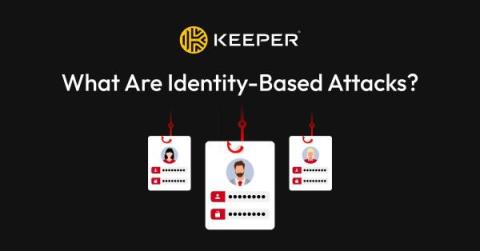What Are Identity-Based Attacks?
An identity-based attack is a type of cyber attack that targets and compromises the digital identity of individuals and organizations. In this type of attack, a cybercriminal tries to steal, alter and misuse an individual’s identity-related information such as their login credentials, domain names, personal data or digital certificates.











